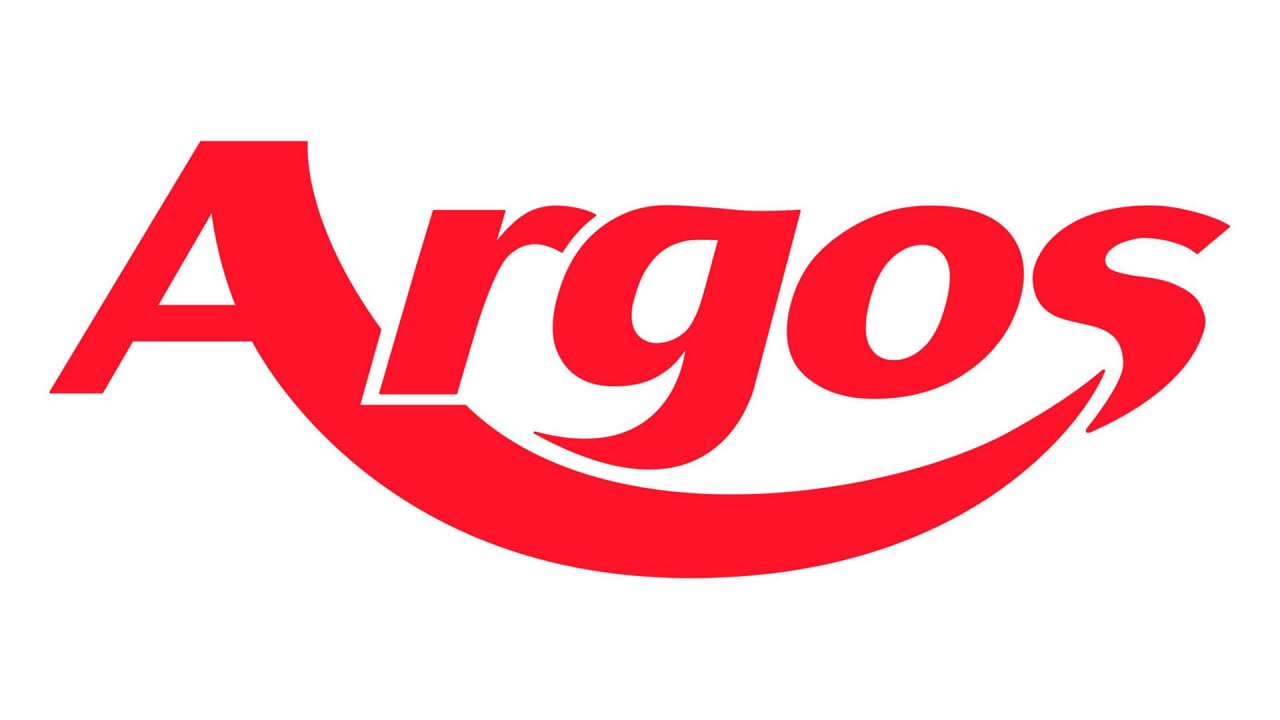By Andrew Moran
President Donald Trump threatened to initiate a trade investigation to “nullify” fines imposed by the European Union against U.S. tech giants, including Apple and Google.
In a Sept. 5 Truth Social post, Trump announced that he would initiate a Section 301 probe to eliminate what he calls “unfair penalties” on American companies.
“We cannot let this happen to brilliant and unprecedented American Ingenuity and, if it does, I will be forced to start a Section 301 proceeding to nullify the unfair penalties being charged to these Taxpaying American Companies,” Trump said on his social media platform.
He said the trade bloc was “effectively taking money that would otherwise go to American investments and jobs.”
The Trade Act of 1974 contains a provision—Section 301—allowing the U.S. government to probe and respond to foreign trade practices officials consider discriminatory against domestic commerce.
The U.S. Trade Representative is responsible for conducting investigations and determining whether to proceed with any action.
Trump pointed to previous instances involving Apple and Google, which have paid billions in penalties.
The iPhone maker was recently forced to pay $17 billion “that should not have been charged,” while the search engine titan had paid $13 billion “in false claims and charges,” the president said.
“How crazy is that?” he said in a follow-up post. “The European Union must stop this practice against American companies, immediately!”
In July, Trump secured an EU trade agreement with the United States.
The deal would subject most EU exports to a 15 percent tariff, including automobiles, lumber, pharmaceuticals, and semiconductors.
The 27-member trade bloc also committed to purchasing $750 billion in U.S. energy by 2028 and investing $600 billion in U.S. infrastructure and manufacturing.
Trump’s warning comes as the European Commission recently fined Google $3.5 billion in an antitrust case involving the company’s advertising technology business.
European regulators accused Google of undermining competition in the advertising technology sector by prioritizing its own display advertising technologies, disadvantaging rival advertisers, competing adtech platforms, and digital publishers.
“Today’s decision shows that Google abused its dominant position in adtech, harming publishers, advertisers, and consumers. This behaviour is illegal under EU antitrust rules,” EU competition chief Teresa Ribera said in a statement.
The case was launched in 2021.
Shares of Google parent, Alphabet, rose more than 1 percent on Sept. 5 to $235.05.
Apple stock was little changed at $239.69 to end the holiday-shortened trading week.
Despite the hefty fine, market analysts say the outcome was better than expected for Google and the broader Big Tech sector.
“Ruling is essentially a collective sigh of relief for the broader, mega cap tech industry as it offers evidence of a less stringent regulatory environment,” Eric Clark, portfolio manager at Rational Dynamic Brands Fund, said in a note emailed to The Epoch Times.

“This ruling removes the overhang and uncertainty which has likely held back some investors.”
Section 301 on Brazil
In July, the Trump administration opened a Section 301 investigation into Brazil’s tariffs and non-monetary trade barriers.
The probe, according to the U.S. Trade Representative Jamieson Greer, will target six broad areas in the South American country: anti-corruption, digital trade, ethanol market access, illegal deforestation, and intellectual property protection.
Greer determined that Brazil’s practices require “thorough investigation, and potentially, responsive action.”
“At President Trump’s direction, I am launching a Section 301 investigation into Brazil’s attacks on American social media companies as well as other unfair trading practices that harm American companies, workers, farmers, and technology innovators,” he said in a July 15 statement.
Last month, the president implemented a 50 percent tariff on Brazilian imports entering the United States.
Over the years, the federal government has conducted numerous Section 301 investigations into China’s trade policies and practices.
In 2024, the Biden administration introduced several Section 301 probes into the Chinese regime’s semiconductor, logistics, maritime, and shipbuilding sectors.
The Epoch Times reached out to Apple and Google for comment.






